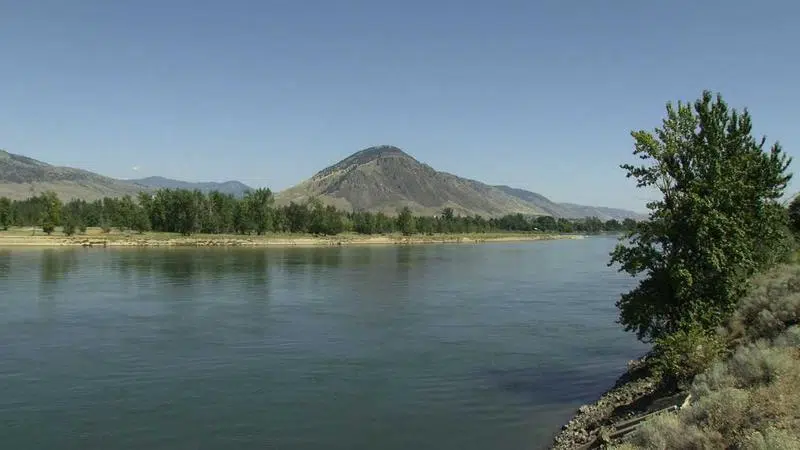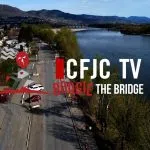
GINTA: Why we ought to see more of the world around us
KAMLOOPS — This column was to be about fish. Herring to start with. A few reputable conservation groups, including Pacific Wild, Sea Shepherd Conservation Society, Conservancy Hornby Island and the Association for Denman Island Marine Stewarts, are urging the Department of Fisheries and Oceans to rethink the roe fishery quotas for the herring in the Straight of Georgia (the plan is expected to be finalized in early December.) The stocks are almost 60 percent depleted, their press release said, and that’s happened in the last four years. Shocking isn’t it? Albeit not a local issue, it is a provincial one and a sign of a pervasive and challenging issue.
In our own back yard, too, a sad reality is unfolding: the steelhead trout spawning population in the Thompson River is at a meager 86 this year; the Chilcotin watershed saw 39 fish. The steelhead trout are yet to be given protective status as endangered species under the Species at Risk Act (SARA.) Hopefully that will happen before they go forever.
Low ocean survival, climate change and gill net fisheries are quoted as the main causes, five interest groups including the BC Wildlife Federation and the Steelhead Society of British Columbia, said in their letter to the provincial government.
It is hard not to feel anger or helplessness over this; it is the story that keeps surfacing. The letter was put together by people that want to see the fish recover and do well; people who are out there seeing the reality with their own eyes.


